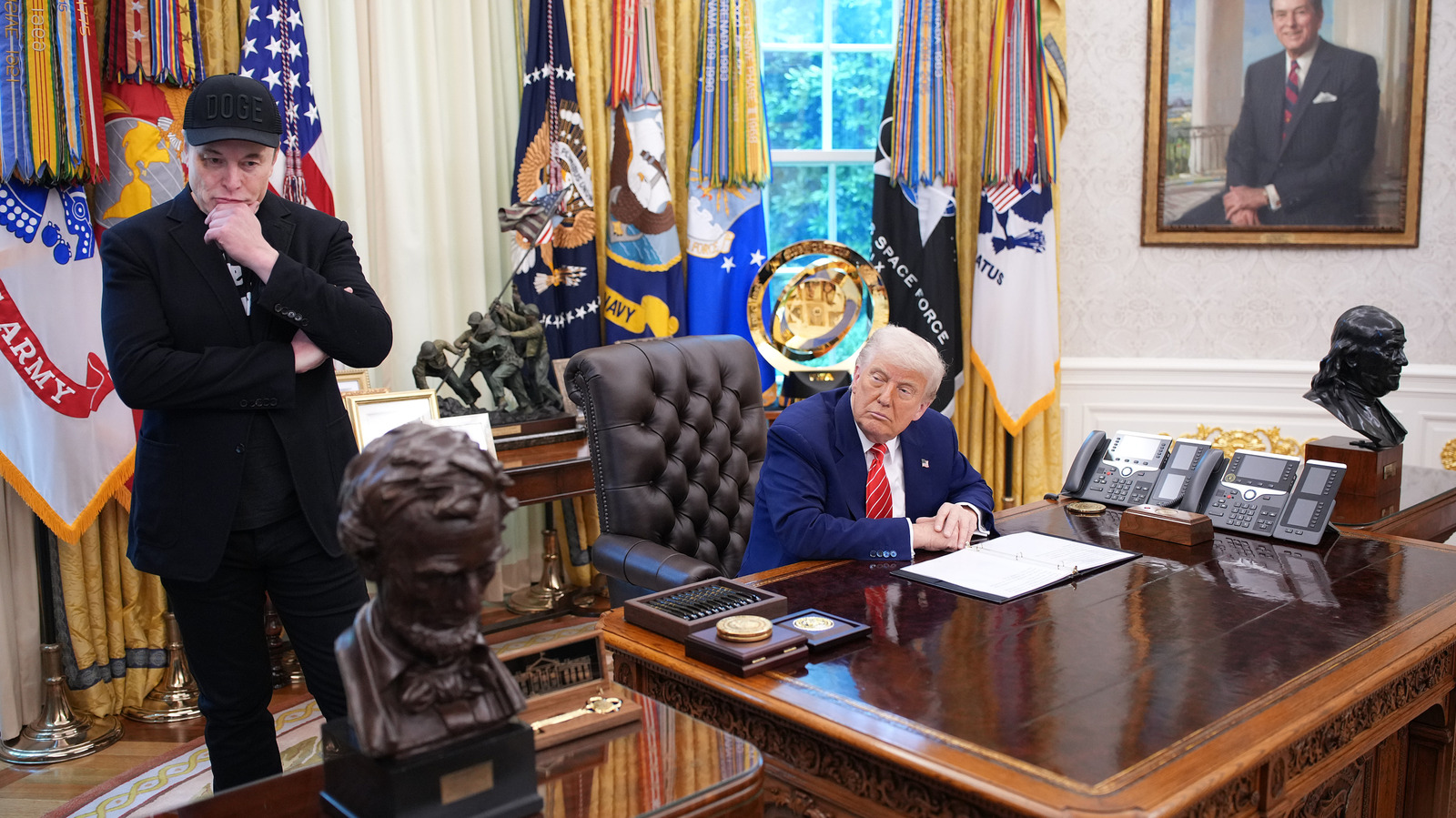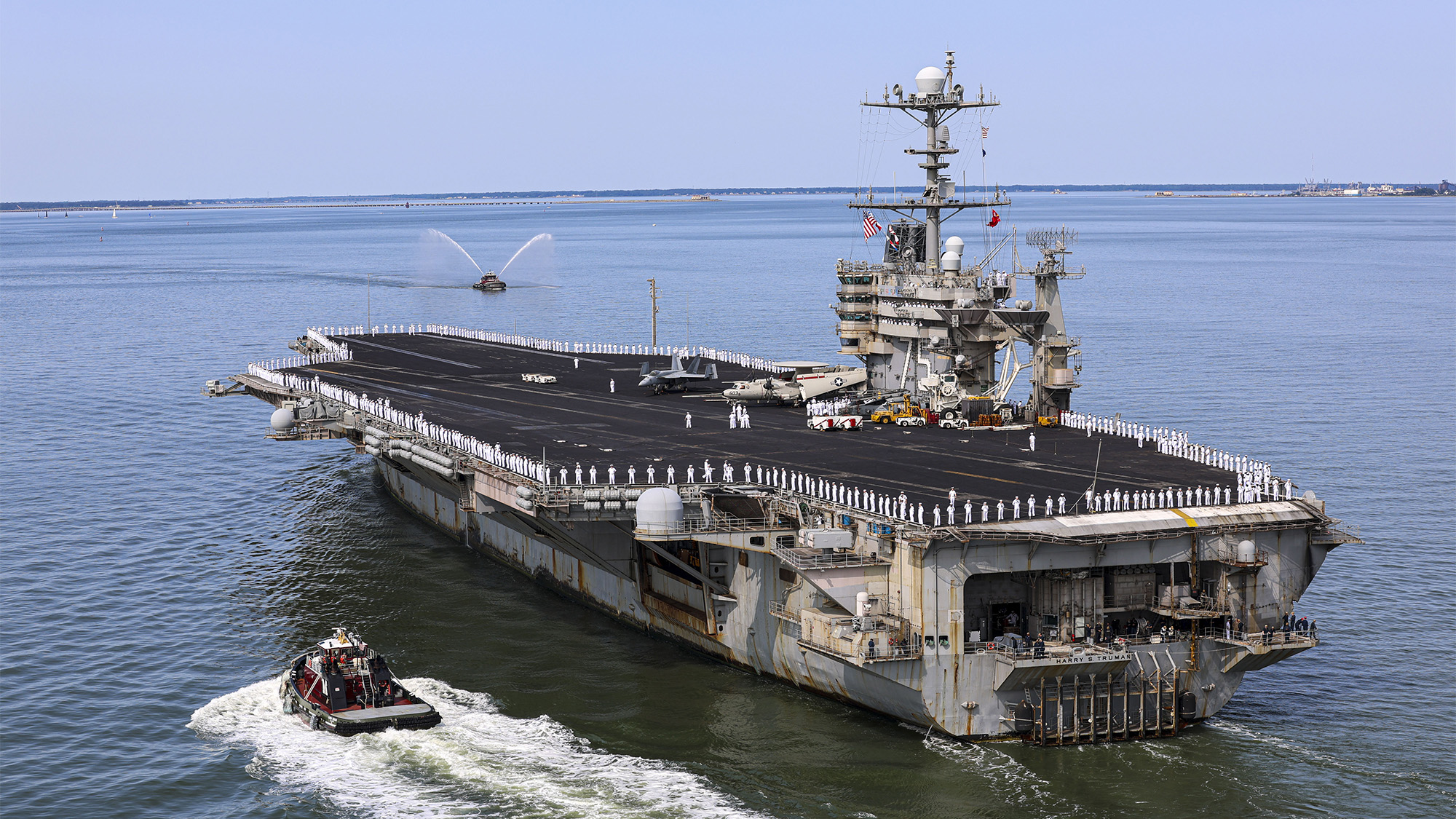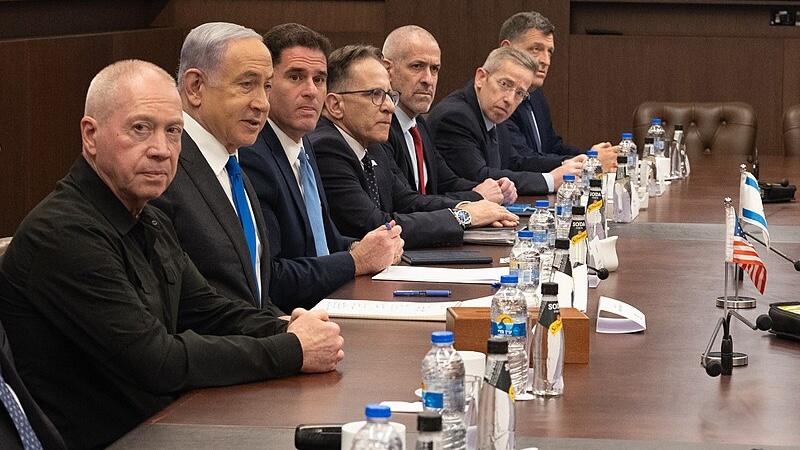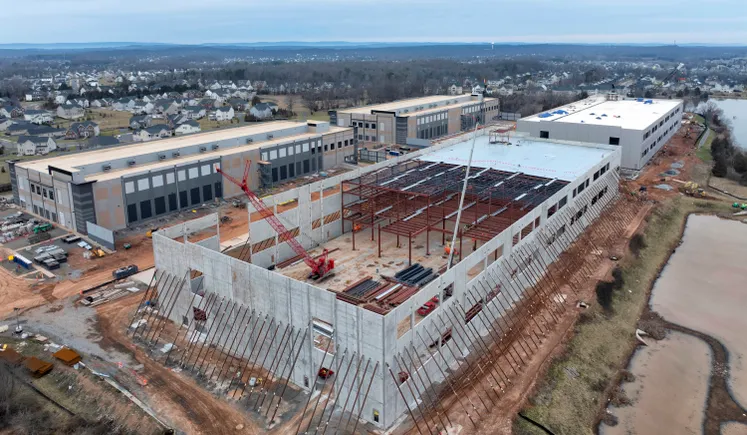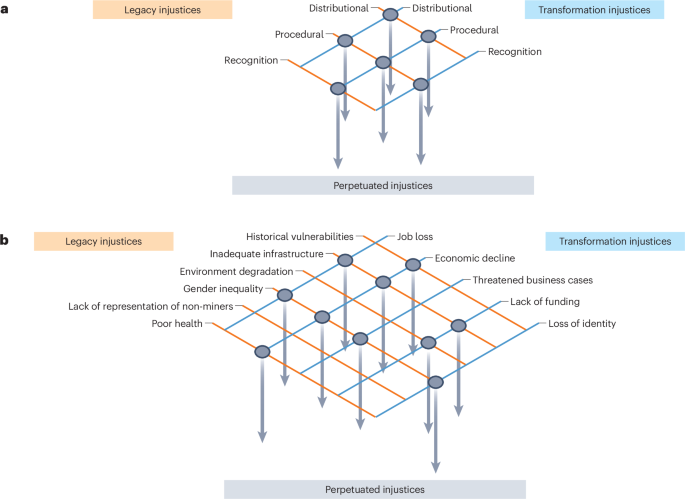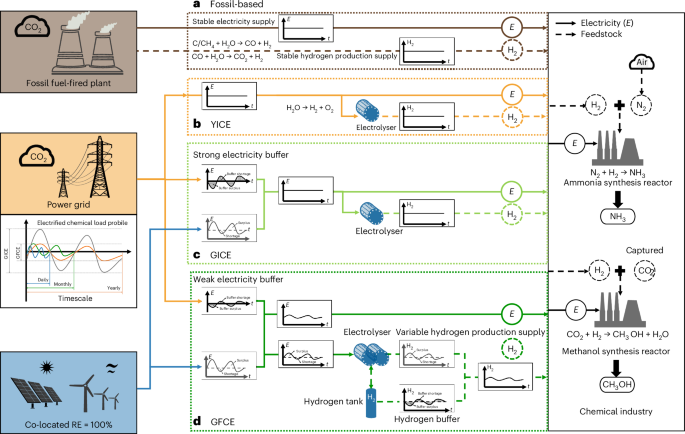What will DOD civilians do at the border? The Pentagon won’t say.
The Defense Department declined to provide any details on Monday’s order to provide support to DHS.

But Hegseth’s office has declined to provide any further details, including how many people are going, what their job backgrounds are, and which missions they will be fulfilling. This is in stark contrast to nearly seven years of ongoing DOD support to the DHS border mission—including during the first Trump administration—when the Pentagon routinely released troop levels and descriptions of their activities.
Two DOD spokespeople deferred all questions to Homeland Security, which did not immediately respond to Defense One’s query.
It’s likely that the jobs will be largely administrative, according to Mark Cancian, a senior adviser at the Center for Strategic and International Studies.
“Note also that there's no discussion about involuntary assignments,” Cancian told Defense One. “My assumption is that this would only apply to volunteers.”
To that end, DHS has an existing voluntary detail program that allows employees to respond to “domestic incidents and national security events”—such as the federally declared crisis at the southern border—for at least 40 to 65 days in a non-law enforcement capacity.
The Pentagon declined to provide any recent examples of detailing its civilians to DHS, but Cancian pointed out that it’s common for DOD to coordinate with the Federal Emergency Management Agency during major disasters.
“These would not entail large numbers of civilians. Mostly in headquarters for coordination,” he said. “I expect that will be the case with the southwest border.”
Though the memo suggests these civilians might support Immigration and Customs Enforcement as well as Customs and Border Protection, detailees—like service members—are not used for law enforcement activities like detaining migrants.
Federal law specifically prohibits uniformed troops from acting as police, and current DOD policy applies the same guidelines to civilians.
The only thing the memo does clarify is that DHS will be expected to pay the Pentagon for some of these details, unless the specific mission is comparable to training or career development for the DOD employee.
“Usually, these detailees are nonreimbursable. That is, DOD continues to pay their salaries. Here, DOD wants reimbursement in most cases,” Cancian said. “DHS will receive a large amount of money in the reconciliation bill, so DOD figures DHS can pay for any civilians sent to it.” ]]>









